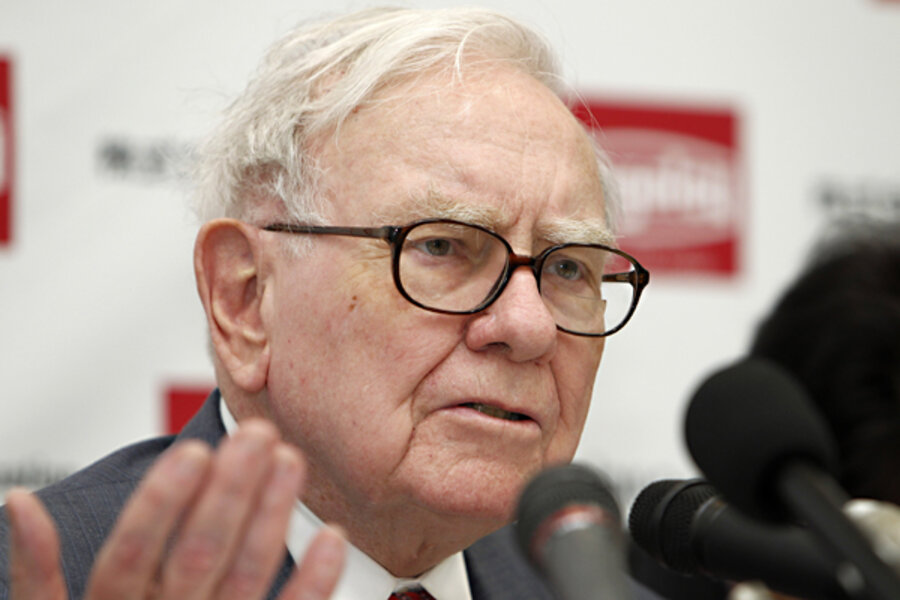Not all taxes on the rich are created equal
Loading...
In the face of growing income inequality and big budget deficits, some political leaders and commentators are showing a growing interest in raising taxes on the rich. But the ideas on the table would have very different results.
The Tax Policy Center has looked at several plans, including the 28 percent limit on the tax savings from itemized deductions that President Obama has proposed and a minimum 30 percent tax rate on households earning over $1 million. Obama has endorsed this “Buffett rule,” although he has not proposed a specific version. TPC also analyzed a 21 percent effective minimum tax that would phase in for couples with income over $250,000 ($200,000 for singles). This EMT is similar to the Buffett rule, but would apply a lower minimum tax rate beginning at a lower income level. Both the Buffett rule and the EMT would be imposed on top of the current alternative minimum tax.
Relative to TPC’s current policy baseline, which assumes the 2001-2010 tax cuts and the AMT patch are extended, the version of the Buffett rule proposed by Sen. Sheldon Whitehouse (D-RI) and Rep. Tammy Baldwin (D-WI) would raise taxes on about 185,000 households by an average of $215,000 in 2013. The EMT would hit about twice as many households but raise their taxes by less than half as much on average.
Overall, the limit on itemized deductions would reduce after-tax income by an average of 0.2%, the EMT by 0.3%, and the Buffett rule by 0.5%. But as the chart shows, the three plans would affect different taxpayers in very different ways. The 28 percent cap would start to bite for the highest-income 10 percent of households and would grow modestly with incomes. The EMT would hit only the top 5 percent but would increase taxes much more at the very top, reducing after-tax income by 2.4% for the top 0.1 percent. The Buffett tax wouldn’t hit anyone outside the top 1 percent but would strike those high-income households with a vengeance, slashing after-tax incomes for the top 0.1 percent by an average of 5.4%.
The big reason why the Buffett rule would hammer the highest-income households is that it would dramatically raise their effective marginal rates on capital gains. That would encourage them to delay taking profits to avoid those higher rates. Some might even spread realizations over multiple years or not realize some gains at all. The result: a much reduced revenue pickup.
This change in behavior is also a problem for economic efficiency. When investors change the timing of their asset transactions to reduce their taxes, they are no longer allocating their capital in the best possible way. But the narrowing of the differential between capital gains and ordinary income also has the beneficial effect of reducing incentives to convert ordinary income to capital gain.
The 21 percent EMT rate would produce much less distortion in the decision to realize capital gains than the Buffett rule’s 30 percent rate, but would still retain a substantial capital gains/ordinary income differential. And the 28 percent limitation on itemized deductions would distort behavior the least (and would reduce some existing distortions) since it would effectively broaden the tax base rather than increasing marginal rates.
None of these piecemeal approaches is as good as broad tax reform. But in the meantime, it’s worth remembering that all taxes on the rich are not created equal.







